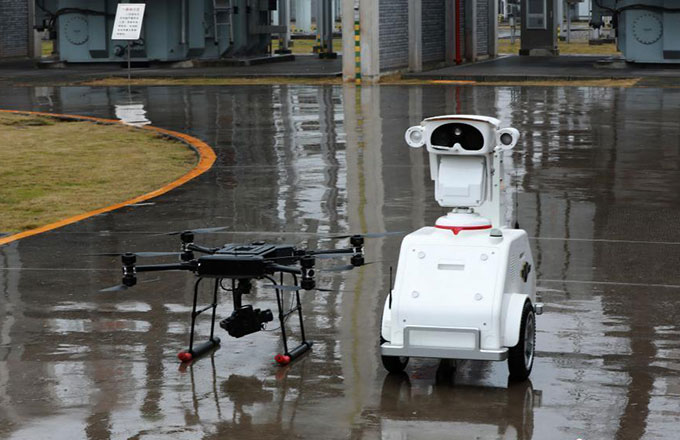Study: Mutated H7N9 virus can pass more easily
Researchers note airborne transmission; official says risk to humans unchanged
A veterinary institute in China has found that the H7N9 bird flu virus has mutated, making the infection of animals significantly easier, but a Chinese health official said the mutation will not increase the risk of human-to-human transmission.
It took researchers at the Chinese Academy of Agricultural Sciences' Harbin Veterinary Research Institute nearly four years to complete their work, which included collecting more than 110,000 samples at live poultry markets, farms and slaughterhouses in most provinces.
It analyzed the evolution of H7N9 that had been isolated from bird species and found 23 different genotypes. Some of the viruses were not immediately lethal in mice or ferrets, but some mutated after replication in ferrets and became highly lethal. The viruses were easily spread through the air.
The research for the first time showed how contagious H7N9 is. It also said it would be extremely easy for the virus to mutate within the human body.
"Our study indicated that the new H7N9 mutations are lethal to chickens and pose an increased threat to humans," Chen Hualan, director of the National Avian Influenza Reference Laboratory, told Xinhua News Agency.
But an official at the National Health and Family Planning Commission, who asked not to be identified, told China Daily that "according to the epidemiological data we have gathered, H7N9 cannot be easily transmitted person-to-person".
In January, medical experts in Guangdong province discovered H7N9 gene mutations in two confirmed cases. Both patients had been exposed to poultry, according to China News Service.
H7N9 is a bird flu strain first reported to have infected humans in Anhui province and Shanghai in March 2013. People can be infected through contact with poultry that carries the virus.
From 2013 to the end of this September, H7N9 has sickened at least 1,454 people on the Chinese mainland and killed at least 569. About 40 percent of those hospitalized with the virus die, according to a combination of releases by the health commission.
Infections are most likely to occur in winter and spring. In the winter of 2016-17, China saw its biggest H7N9 outbreak since the virus was first reported in the country. In the first two months of this year, 352 human cases were reported. Of those, 140 people died.
Shan Juan contributed to this story.





























